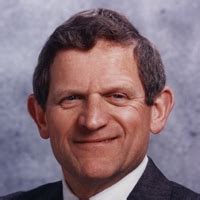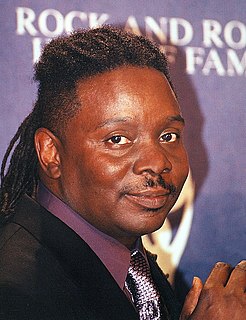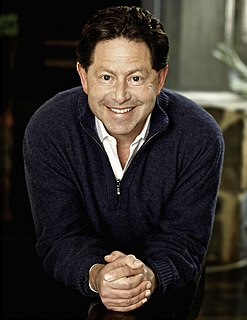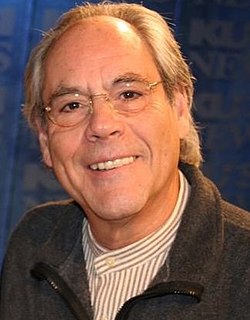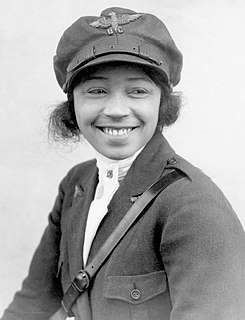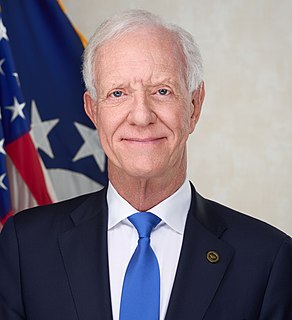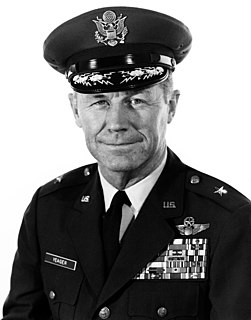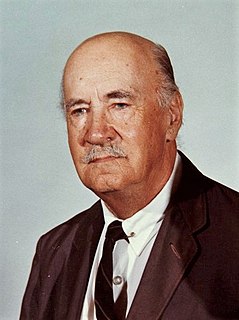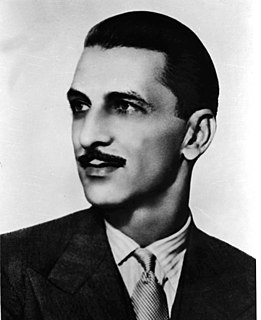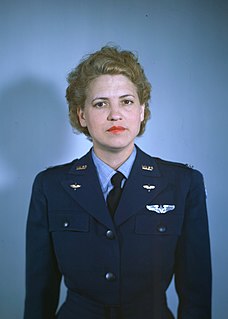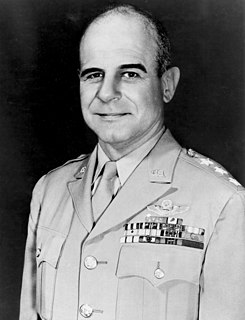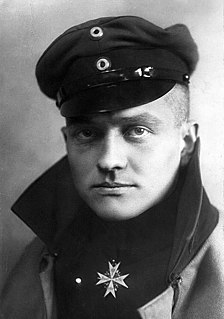A Quote by Tom Golisano
I came up with the idea for what later became Paychex in 1970 when I was working for Electronic Accounting Systems, a company that sold payroll processing to companies with 50 to 1,000 employees.
Quote Topics
Related Quotes
A research group found that 56 percent of major companies surveyed in the late '80s agreed that 'employees who are loyal to the company and further its business goals deserve an assurance of continued employment.' A decade later, only 6 percent agreed. It was in the '90s that companies started weeding people out as a form of cost reduction.
I'm really glad we came up when we did. When we got started, the record companies were concerned with building careers. They made sure you could put on a live show before you put a record out. And if your first album sold 100,000 to 200,000 copies, they were happy, because they figured you had your foot in the door on a way to a long career.
Directing is like looking at the stars on a cloudless night. You get away from all light sources, and you look up, and you see 50 points of light. And a minute later 100 and another minute later 1,000 and then 10,000. And then this swirling gigantic carpet above you, and somehow it all seems to connect.
Of course, a lot of businesses want to reach students, so I funded the magazine by selling advertising. I sold something like $8,000 worth of advertising for the first edition, and that was in 1966. I printed up 50,000 copies, and I didn't even have to charge for them on the newsstand because my costs were already covered.
I actually once sat at the back of a payroll class in America - just me and 40 women! And I'm sitting back there, learning payroll, because I want to understand it. So that when I talk to people about payroll I know what they're talking about. And I set up and managed and ran a full payroll system myself.




